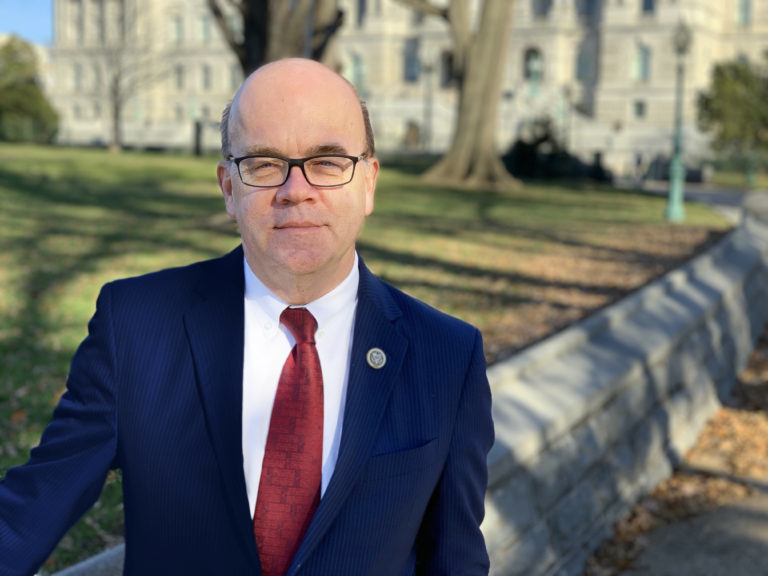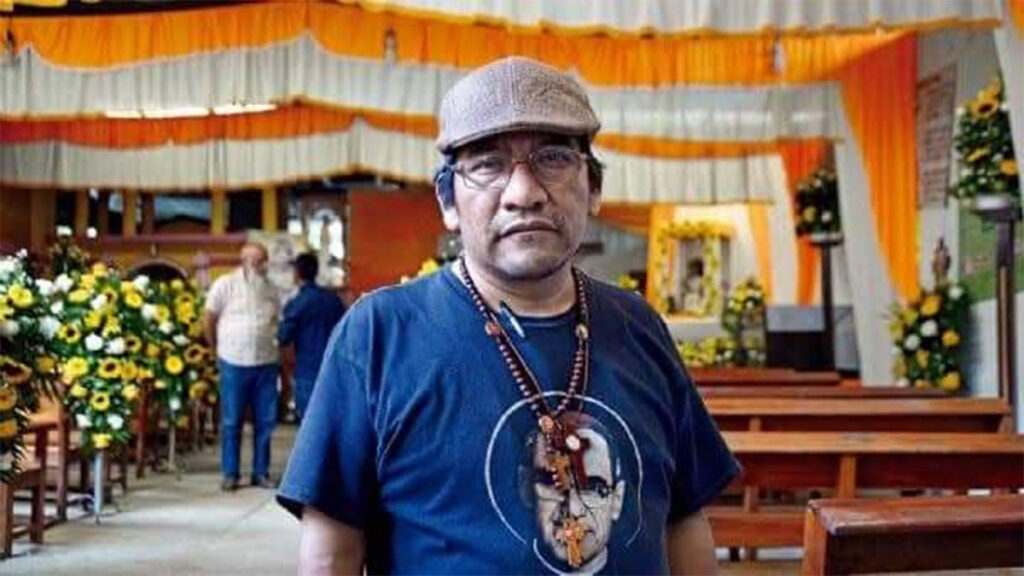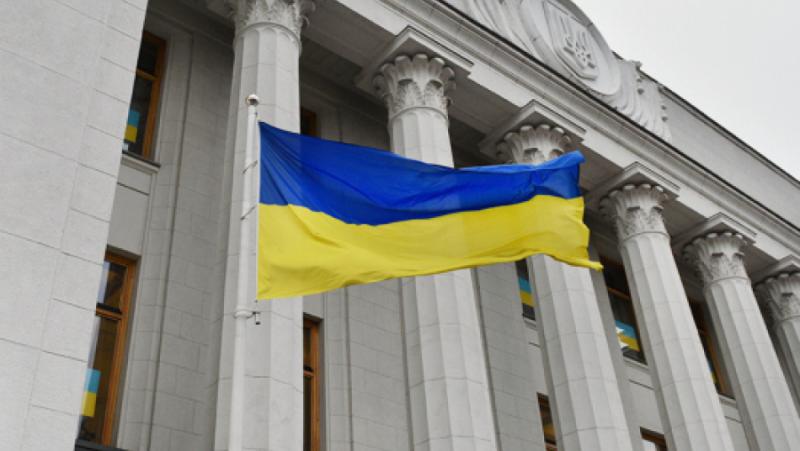Washington|Prensa Latina
Democratic Congressman Jim McGovern, member of the United States House of Representatives, affirmed this Sunday that his country’s current policy directly contributed to Cuba’s energy problems.
In his account on the social network and spare parts.
With large sections of the island still without power and a hurricane about to hit the country, he wrote, now is the time for the United States to offer humanitarian assistance to help Cuba.
The representative from Massachusetts, one of the most active members of Congress in the fight for the change in policy towards Cuba, stressed that the assistance would allow “to restore the electrical grid and deal with the shortage of food and medicine that is impoverishing the Cuban people and causing unprecedented migration to the United States.”
On the Internet platform itself, the Cuban Foreign Minister denounced that the damage in 18 days of blockade is equivalent to the annual cost of maintaining the National Electroenergy System (not including fuel or investments), around 250 million dollars.
He also expressed in another message that Cuba appreciates “the voices denouncing the United States blockade, the main cause of the limitations and damages suffered by our people.”
In that sense, he thanked “the efforts and immediate support offered by the governments of Venezuela, Mexico, Colombia, Russia and Barbados to address the current situation.”
The National Electroenergy System suffered a total disconnection on May 18.
Cuba redoubles efforts to reestablish Electroenergy System
The recovery of the National Electroenergy System shows more favorable prospects with the entry of the Antonio Guiteras thermoelectric plant, reported the Cuban Minister of Energy and Mines, Vicente de la O Levy.
In a press conference, the owner highlighted that the main cause of damage in the sector is the lack of fuel, due to the blockade imposed by the United States on the island more than six decades ago.
He recalled that last Friday, the system suffered a total collapse due to the weakening of the National Electroenergy System (SEN). “We had blackouts for many hours, especially due to lack of fuel,” he said.
De la O Levy added that at that time there were 900 megawatts that were out of distributed mobile generation because they did not have fuel and were only generating the thermoelectric plants and the Energás plants.
He specified that any thermoelectric plant that left unexpectedly that day could have caused the same reaction.
The minister explained that after the system went down, one of the first steps was to generate electricity, since “the thermoelectric plants do not start on their own” and for this purpose, he said, a design was made based on the protocol with the Energás units.
«It is an extremely complex operation because there are many variables that affect it; “You have to have a balance between consumption and generation,” he explained.
Regarding the situation of the systems in the west of the country, which suffered two disconnections the day before, he mentioned that effects occurred due to the weakness of the SEN, strong winds and the lack of fuel.
He assured that the region is now in a slightly different recovery phase “because we have Guiteras online, the Energás units were lifted” and others throughout the country are already in operation.
“We hope that today we will reach a higher phase than what we reached yesterday,” predicted the minister, while reiterating that the country has the necessary fuel to better maintain the system.
De la O Levy stressed that the technical situation of thermoelectric plants and distributed generation continues to be tense due to years of exploitation and not being able to buy spare parts. “The youngest units have been in operation for more than 35 years,” he stressed.
During his speech he also made reference to numerous signs of support and solidarity that Cuba has received from Colombia, Mexico, Venezuela and Russia, in addition to counterpart ministries and international organizations.
The minister commented that, according to forecasts, it is estimated that in 24 to 48 hours all customers in the Caribbean nation will be able to have electricity service, not counting the effects that Hurricane Oscar may cause in the east of the country.
Currently, in Havana more than 216 thousand customers have service and the electrical system is interconnected from Mariel (Artemisa) to Holguín.
Hurricane Oscar close to making landfall in Cuba
Hurricane Oscar, the tenth of the current hurricane season, is close to entering Cuban land near Baracoa, Guantánamo province, the Forecast Center of the Institute of Meteorology (Inmest) reported on Sunday.
According to the agency, Oscar’s maximum sustained winds remain at 130 kilometers per hour, with higher gusts, so it continues to be a category one hurricane on the Saffir-Simpson scale and its minimum pressure is 986 hectopascal.
The weather conditions have continued to deteriorate in the provinces of Guantánamo, Holguín and Las Tunas, with rains, showers and thunderstorms, which will become strong and intense in some locations in eastern Cuba and in the mountainous areas, he explained.
The Insmet specified that in the next 24 hours the accumulated rainfall may reach values between 100 and 200 millimeters in the provinces of the eastern region.
#Jim #McGovern #policy #guilty #energy #crisis #Cuba


